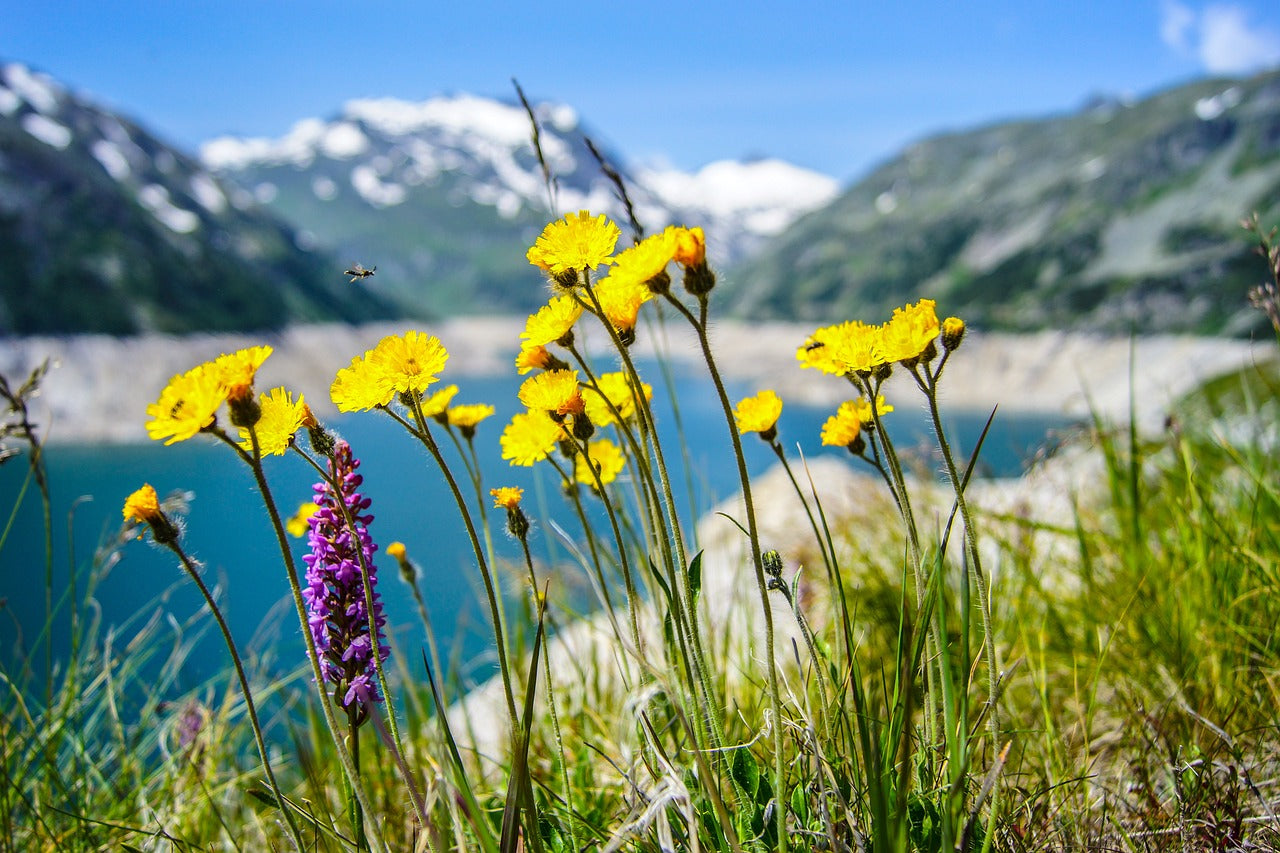World Water Week

Our gratitude for water is part of what fuels our vision of a #LifeAfterPlastic. Microplastics and other forms of single use plastics are some of the biggest pollutants of our waterways, posing a threat to all life on Earth.
While fire, air, and wood (earth) are vital components of our biological existence, water is possibly the most powerful element. Water can extinguish fire; it can sustain life.
In celebration of World Water Week, here are some great water facts:
All Life on Earth Needs Water to Survive
One of the consistent qualities for all life on Earth is the need for water — it’s literally part of the biology of all living things. While 96.5% of the Earth’s water is in our oceans, just 3.5 percent of Earth’s water is fresh. 71% of the surface of our planet is water and 0.001 percent is humidity in the atmosphere.
Most of Our Fresh Water is Frozen
You can find Earth’s freshwater in our lakes, rivers, and streams, but don’t forget groundwater and glaciers. Over 68% of Earth’s freshwater is locked up in ice and glaciers, and another 30% is in groundwater.
We Get to See Water in Its Three Different States
We experience water in all three states: solid ice, liquid water, and gas water vapor. While most substances can be all three, a lot of them only change states at extreme temperatures. For example, you probably don’t see liquid silver or solid oxygen very much because their melting and freezing points are at temperatures that we cannot withstand.
Ice is Less Dense Than Liquid Water
Most solids sink in water because usually, when solids form, atoms get closer together to create something denser. Solid water, or ice, is actually less dense. Water molecules form rings when water freezes, and all that space makes ice less dense, which is why it floats. This is great because ice floating on top of a body of water lets the rest of it stay liquid. If ice sank, whole oceans could freeze.
Our Bodies are Mostly Water
A newborn human is 78% water and adults are 55-60% water. Water is involved in everything our bodies do, including carrying out waste, being part of the blood that brings nutrients to all our cells, and regulating body temperature. It also acts as a shock absorber for our brain and spinal cord.
In Plants, Water Defies Gravity
Water likes to stick to itself and other things, which is how it forms round droplets (not all liquids do this!). This “stickiness” helps get water from the roots of plants up to the leaves. Water molecules travel up thin straws in the plant (called xylem) by holding onto each other and the walls of the tube. They’re pulled upwards as water evaporates from the leaves at the top.
All Salt Water is Not the Same
There is about 1 cup of salt per gallon of ocean water, but the amounts vary slightly. For example, the Atlantic Ocean is saltier than the Pacific. Most of the salt in the ocean is sodium chloride, the same kind of salt we put on our food. The saltiest water in the world is found in Antarctica in a small lake named Don Juan Pond.
One Drop of Water Contains a Whole Universe
A single drop of ocean water most likely contains millions of bacteria and viruses as well as fish eggs, baby crabs, plankton, and small worms, making it a microcosm.
Some Water Comes from Comets
Speaking of the cosmos… the rocky material that formed Earth contained some water, but that doesn't account for all the water we see today. Comets are mostly ice, and it’s possible that they made regular water deliveries to Earth.
Looking to conserve this precious resource through your self-care? Check out our new, waterless Toothpaste Tabs. Choose from two kinds: Detoxifying Charcoal and Whitening. These babies do all the good work of regular toothpaste (whitening, cleansing, breath-freshening), and require zero water!
Happy World Water Week! We hope you get to experience it firsthand soon in the form of an ocean, river, lake, or creek.




Comments